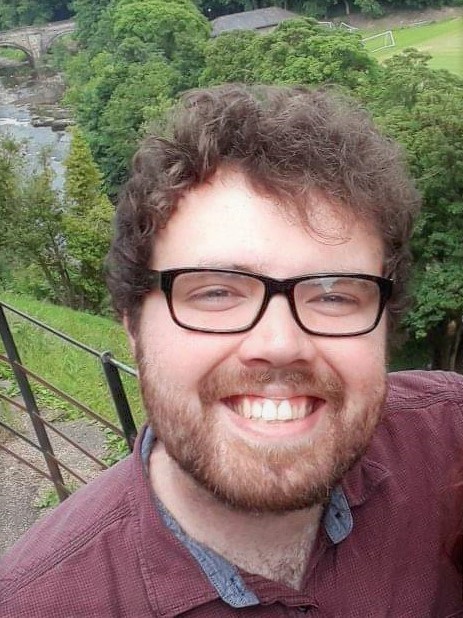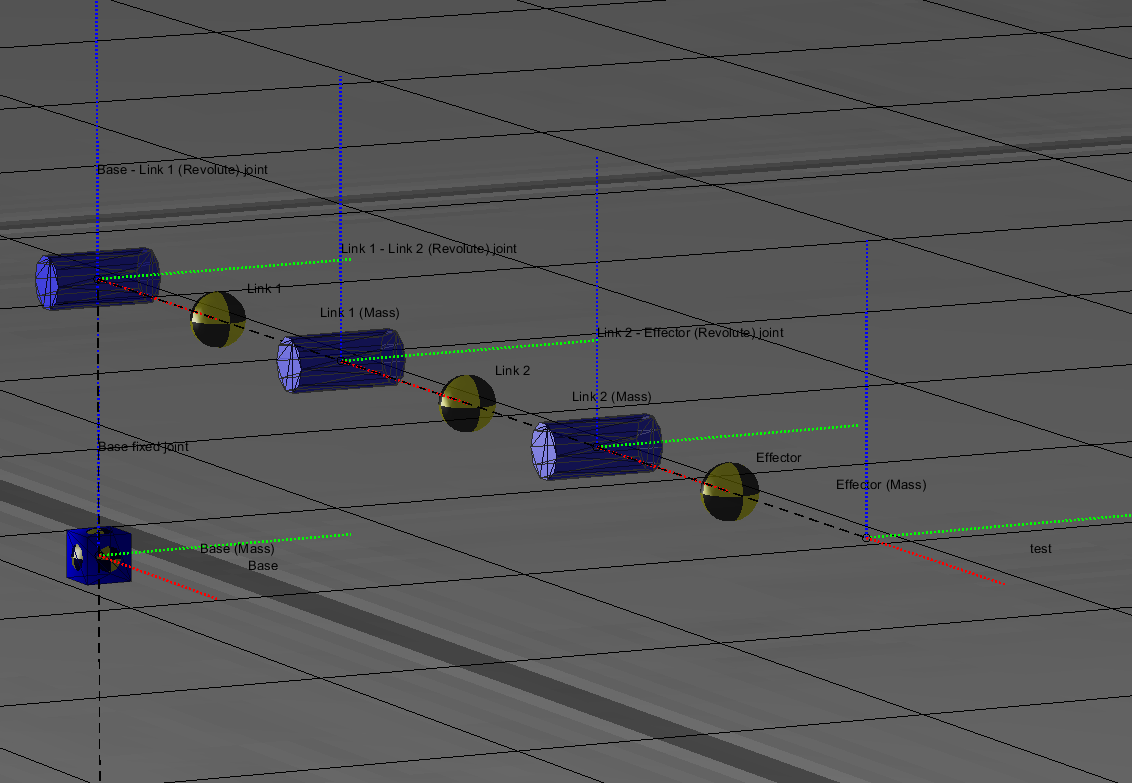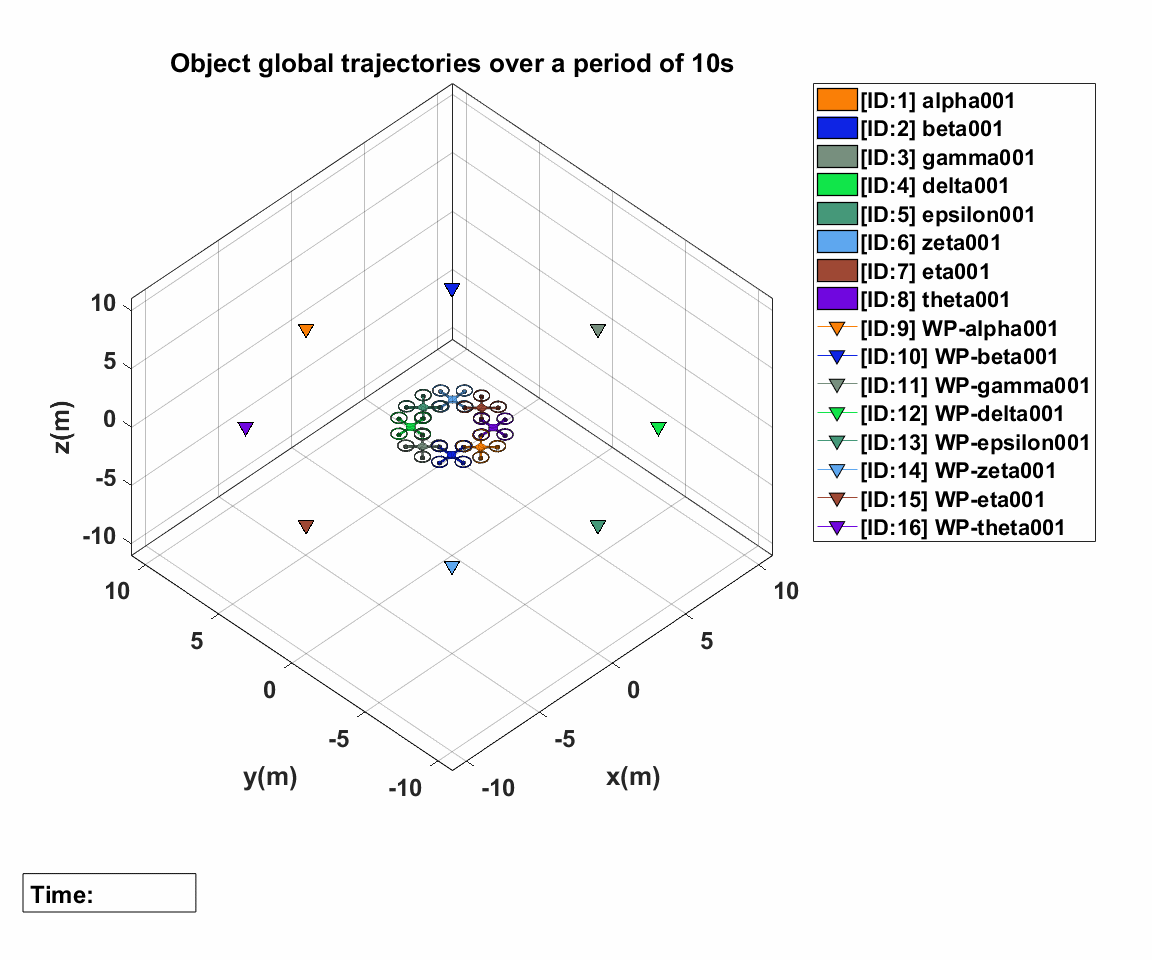Recent events, conferences and updates.
Southampton, UK, August 2024
Commendation: Awarded a place on the first UKRI Robotics & AI Accelerator.
In August I was awarded a place on the first UKRI Robotics & AI Accelerator programme. This program, lead by the
future worlds consortium is designed to accelerate the commercialisation of commercialisation activities in the field
of Robotics & AI. Myself and our team were selected for our opportunity 'Orchestrate Robotics', with the potential to
develop the opportunity further and help people build better, safer robotic applications.
Sheffield, UK, August 2024
Commendation: Awarded a place on 2024 Northern Triangle Mentorship Programme.
This programme, lead by the University of Leed, University of Sheffield and University of Manchester is a network
of industry leaders, mentors and investors in the North of the UK. Our application was accepted to develop our commercial
activities here in Sheffield in the field of safety and supporting the wider deployment of
professional robotic systems.
Sheffield, UK, June 2023
Commendation: Awarded the status of 'Associate Supervisionary' at the University of Sheffield
In June I was awarded Associate 'Supervisionary' from the University of Sheffield's Researcher Profressional
Development programme. My role as a research associate does not formally entiail teaching responsiblities and
so this formal recognition from the school represents my achievements in volentarily mentoring multiple Ph.D
students and postgraduate students asside from my role over the last two years.
Lubeck, Germany, March 2023
Commendation: Awarded the Journal-First Track Award
In March our research article "Verified Synthesis of optimal safety controllers for human-robot collaboration"
was awarded "Journal-First Track Award" by Formal Methods Europe in recognition as a high quality publication.
The article was selected for presentation at the 25th International Symposium on Formal Methods, FM 2023.
Sheffield, UK, December 2022
New Role: Invited speaker on "Completing your Ph.D " as a final year Ph.d student
In December I was invited by the department of Automatic Control and Systems Engineering to give
a guest talk to the 2019 Cohort of final year Ph.D students as they enter their final year. The talk looked
at the challenges of completing a Ph.D as a fellow graduate, aswell as hicups that can arrise. This talk was a great
opportunity to share the highs and lows of the Ph.D journey from my own prospective and utilise my own
experience in academic and industrial research.
Department of Computer Science, Sheffield, UK, November 2022
New Post: Research Associate in Digital Twins for Industrial Safety
Entered a new role focusing on the application of digital twins for industrial robotics and safety following
the completion of the CSI project. As part of this role I will be leading a small team of researchers
investigating the role of digital twins both in research and industry in order to develop cross-domain solutions
that support the needs of our research and industry partners developing digital twins.
Turkey, October 2022
Commendation: Awarded the Rob Fletcher Prize for Best Student Application Paper
In October, our submission to Computer Graphics & Visual Computing (CGVC) entitled "Augmented Reality for Safety
Zones in Human-Robot Collaboration" was awarded the best student application paper award.
You can read the paper here
Sheffield, UK, October 2021
Commendation: Recieved two nominations as "An Outstanding TUoS Postdoc"
In 2021 I received two nominations during Postdoc Appeciation week 2021, for outstanding
contribution to the Confident Safety Integration (CSI) project and the development of the
framework therein.
You can visit the nomination page:here
Sheffield, UK, May 2021
New Role: Article featured in the Doctorial Times
In 2021 a testimonial on my experience of mentoring Ph.D students through the toughest
part of the project.. the thesis.. was featured in the University of Sheffield's Doctoral
Times news and higher education magazine. The article aims to shed some light on some of
the challenges students face along the way and share some advice that I believe I would
have found helpful at the time.
You can see the article here
York, UK, April 2021
New Role: Guest Lecturer for Safety of Robotics and Autonomous Systems
Invited to contribute toward a new advanced topics module RAS1: Safety of Robotics
and Autonomous Systems (RAS). The lecture, entitled "Digital Twinning For Industrial
Safety", draws upon the use of digital twins in modern instustrial environments as a
method of process verification and safety analysis. The module will be delievered to
undergraduate students studying robotics and safety critical systems at the University
of York from 2021.
Sheffield, UK, Febuary 2021
New Role: PhD Thesis Mentor
Enrolled as a voluntary mentor as part of the Thesis Mentoring Programme identified
as an excellent opportunity to support Ph.D students within the school of mechanical
engineering at the University Of Sheffield.
ACSE, Sheffield, UK, January 2020
New Post: Research Associate in Intelligent Sensing & Tracking for Collaborative Robot
Tasks
Entered the role of research associate tasked with the development with
a digital twinning framework targeting real world industrial applications.
The project, CSI:Cobot, is in partnership with the University of York, Sheffield Hallam,
the University of Manchester, the Advanced Manufacturing and Research Center (AMRC) and
several commercial partners.
Sheffield, UK, January 2020
Ph.D Viva Completed
Gave the final presentation of my Ph.D to my examiners
Prof. Stratis Kanarachos
and Prof. James Marshall.
The presentation was recieved very well, with encouraging conversation throughout. Feedback following
the viva indicated only a few minor revisions were necessary.
Sheffield, UK, June 2019
New Role: Hackathon Facilitator for the
UK Robotics and Automation Society (UK-RAS)
The RAS Challenge is a hackathon an event hosted between the University of Sheffield and the Advanced
Manufacturing and Research Center (AMRC), bringing together teams from universities and industries from
across the UK. The event lasted two days, where each team was pit against each other in a
cobotic manipulation task using a kuka iiwa14 and ROS. Using their application using data received from a
kinect sensor, the teams were able to pick up a tool and hand it to an operator. The event was
excellent opportunity to engage with people interested in robotics and introduce them to new concepts and
technologies in the field of manufacturing research. See the event...
Sheffield, UK, June 2018
Conference Presentation at the 12th International Conference on Control (UKACC)
Attended in order present our submission "A Comparative Study of Velocity Obstacle
Approaches for Multi-agent systems". Nominated for best paper award, but better luck
next time!
Bonn, Germany, June 2018
Conference Presentation at the 11th Symposium on Sensor Data Fusion: Trends, Solutions &
Applications (SDF)
Presented our white paper "An Interval Approach to Multiple Unmanned
Aerial Vehicle Collision Avoidance" to the sensor fusion community.
Sheffield, UK, July 2016
Conference Presentation at the 17th Annual Conference Towards Autonomous Robotics
Systems (TAROS)
Attended to present our recent works "Enhancing Autonomy in VTOL
Aircraft Based on Symbolic Computation Alogrithms". Presentation was
recieved well, speculations for future uses of the approach were encouraging.



